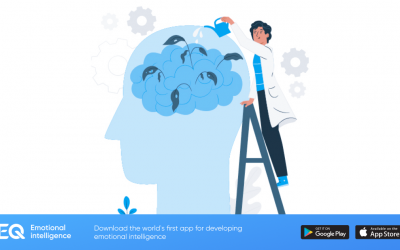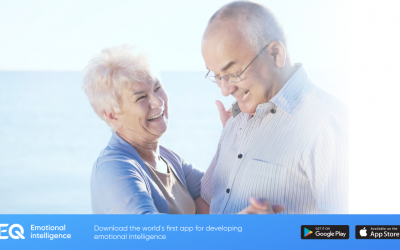Volitional self-regulation of emotions
The ability to control emotions willingly is crucial to health and well-being. A high level of volitional self-regulation is combined with the following qualities such as perseverance, self-control, self-government, as well as self-control in various spheres of life....
Emotional addiction in relations
Emotional addiction is a psychological addiction, a person's dependence on a person, a kind of dependence that pushes to the background of life, the interests of the person himself, leaving only the relationship and the object of dependence. There is a merger and...
Basic emotions according to Izard
Basic emotions - emotions that are common to all healthy people and which are equally manifested in different cultures living on different continents. Emotions are common to all. Attempts to identify a set of "fundamental" or "basic" emotions have a long tradition in...
Brain and Emotion: Cognitive Neuroscience of Emotions
Cognitive neuroscience about emotions is a rapidly evolving field. It focuses on the neural basis of emotional and social processes and contributes to a better understanding of the biological basis of emotional processing. Before emotions are manifested at the level...
Healthy relationships. What is it?
Relationships are an important part of a healthy life. In unhealthy relationships, people may experience anxiety, confusion, insecurity, and even danger. Knowing these differences can help you choose who you date and for how long. It is important to remember that...
Alexithymia
The term alexithymia was coined in 1973 by psychotherapist Peter Emanuel Sifneos to describe patients with psychosomatic illnesses who had several symptoms in common: they had marked difficulties in identifying their feelings, finding words to describe them, and...






